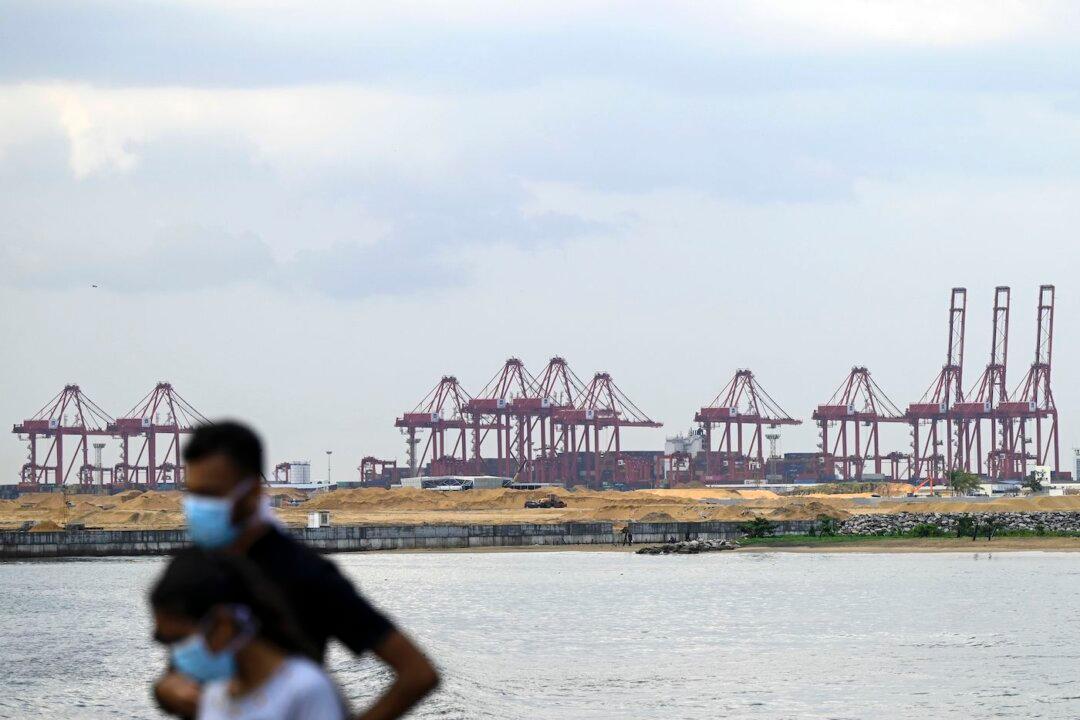The president of debt-ridden Sri Lanka has asked China to help restructure billions of dollars in debt repayments as part of a solution to counter the economic fallout from the coronavirus pandemic, the presidential secretariat said on Jan. 9.
During his meeting with visiting Chinese Foreign Minister Wang Yi, Sri Lankan President Gotabaya Rajapaksa told him that “it would be a great relief to the country if the attention could be paid on restructuring the debt repayments as a solution to the economic crisis that has arisen in the face of the COVID-19 pandemic,” Rajapaksa’s office said in a statement.





